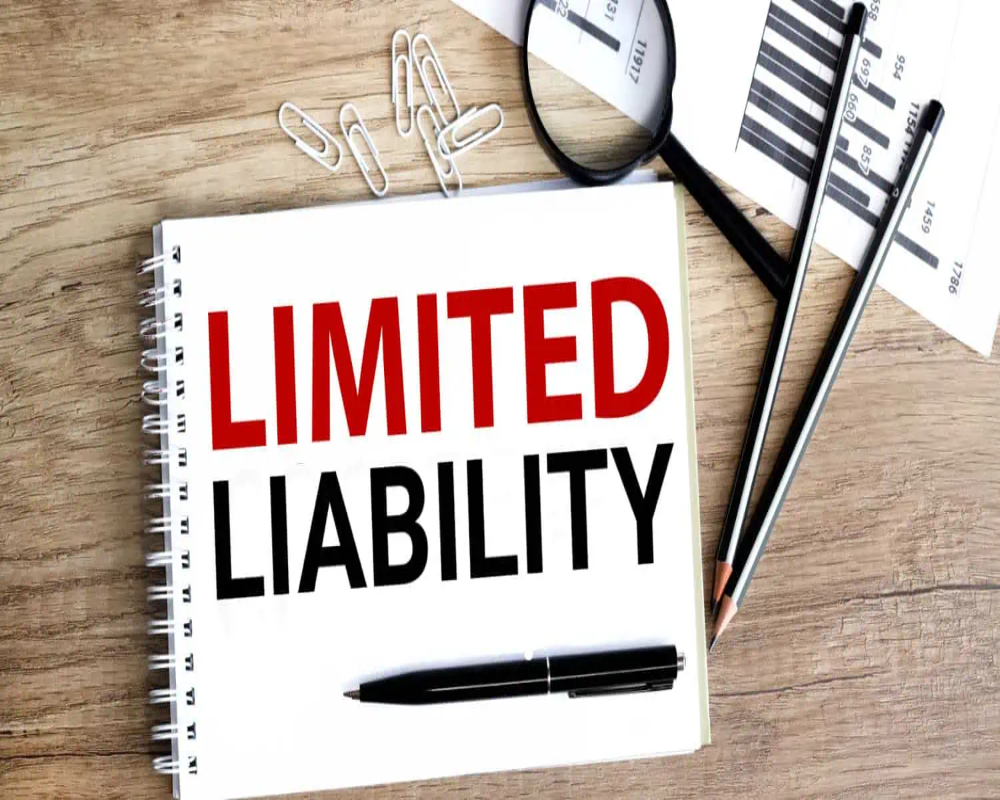Introduction
A defining feature of the One Person Company (OPC) model under the Companies Act, 2013 is the concept of limited liability. Unlike sole proprietorships, where the business owner is personally liable for all debts and obligations, OPCs provide a legal shield that separates personal assets from business liabilities. This principle encourages entrepreneurship by reducing the financial risk for individual business owners. This article defines the nature of limited liability in an OPC, explaining its scope, legal basis, and practical implications.
Legal Definition of Limited Liability
Limited liability means that the sole member of an OPC is only liable up to the amount they have invested in the company’s share capital. This protects the personal wealth of the member—such as savings, property, or personal possessions—from being used to repay business debts or claims against the company.
Corporate Entity Distinction
An OPC is a separate legal entity distinct from its owner. This legal separation is what enables limited liability. Although the sole member owns and controls the OPC, the company itself is responsible for its debts, contractual obligations, and legal issues, not the individual personally.
Extent of Financial Responsibility
The sole member’s financial exposure is limited to their contribution to the paid-up share capital of the OPC. For example, if an OPC has a paid-up capital of ₹1 lakh and accumulates a business debt of ₹10 lakhs, the member’s personal assets are not at risk; only the assets of the OPC can be used to settle the debt.
Exceptions to Limited Liability
There are specific situations where the protection of limited liability can be lost, such as:
- Fraudulent activities conducted in the company’s name
- Misrepresentation or false information during incorporation or operation
- Personal guarantees offered by the member for business loans
In such cases, courts may apply the “lifting of the corporate veil”, making the sole member personally liable.
Encouragement of Risk-Taking
By capping liability, OPCs encourage risk-taking and business innovation. Entrepreneurs can confidently start and manage businesses without the constant fear of losing personal assets due to business failure or litigation.
Investor and Creditor Clarity
Limited liability also provides clarity for investors and creditors, as it clearly defines the extent to which they can recover funds. This structure makes OPCs a more secure and trustworthy form of doing business than informal setups like sole proprietorships.
Legal Foundation in Companies Act
Section 3(1)(c) of the Companies Act, 2013, specifically grants limited liability status to OPCs. It treats OPCs like private companies, ensuring that the company’s legal obligations remain confined to the corporate entity.
Conclusion
The nature of limited liability in a One Person Company is a fundamental advantage that distinguishes it from traditional sole proprietorships. By protecting the personal assets of the sole member and defining financial risk within the scope of invested capital, OPCs offer a secure and formal business structure for individual entrepreneurs. This legal protection fosters confidence, reduces financial exposure, and promotes responsible business growth.
Hashtags
#LimitedLiability #OnePersonCompany #OPC #BusinessStructure #Entrepreneurship #SmallBusiness #LegalProtection #CompanyFormation #BusinessOwnership #FinancialSecurity #RiskManagement #CorporateLaw #Startups #BusinessAdvice #EntrepreneurLife #BusinessDevelopment #LiabilityProtection #BusinessEntity #SoloEntrepreneur #CompanyRegistration


0 Comments